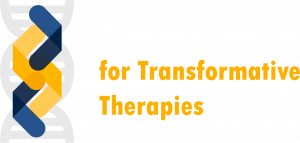Ensure that the patient and caregiver perspective is included throughout the development pathway of ATMPs – i.e. conduct of clinical trials, evidence generation and value assessment – with transparent feedback on how input is factored into decision making. Provide funding for cross-disciplinary education to equip patients, caregivers and healthcare professionals with the knowledge to contribute to technical discussions around transformative therapies.
- GPL
- OMP & PAE
- HoEu

